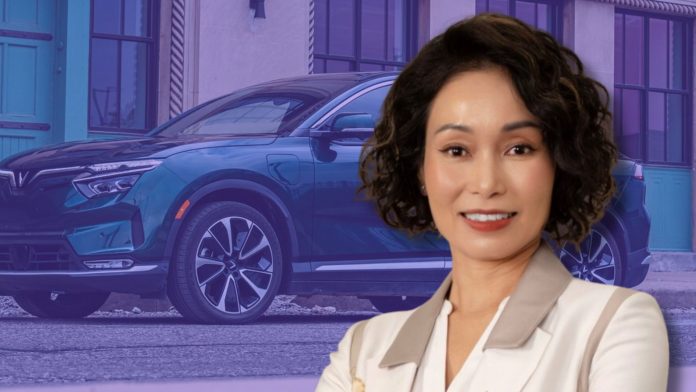Vietnamese automaker VinFast is in talks with U.S. partners to sell its electric vehicles through franchised dealerships rather than first-party storefronts.
Direct sales have become an increasingly prominent topic of discussion in the retail automotive sector. Electric vehicle brands, such as Rivian and Tesla, have opted to forgo traditional franchise partnerships in favor of selling directly to the consumer, with the latter seeing massive success with this strategy. Since arriving in the U.S., VinFast has stuck with the same model and, up till now, has given little indication of switching tactics.
However, in an August 17 interview with Reuters, Le Thi Thu Thuy, chief executive at VinFast, noted that the company was exploring other options. “Opening our own stores is great, but it takes a lot of time,” she commented. “Joining forces with other partners to go faster has always been our nature…We are currently defining the terms of this new model and discussing with potential partners. More details will be announced in due course.”
Should VinFast adopt a franchise model, some dealers are likely to partner with the automaker with little hesitation. Others, however, may need more convincing. The car manufacturer has seen slow sales in the U.S., while customers have shared mixed reviews for the VF8. The vehicle was also recalled in May to patch a software defect affecting its multifunction head unit display.
This is not to say that the company’s growth has been anything but impressive. Earlier this year, VinFast reported it had received 12,000 orders from American consumers and up to 50,000 worldwide. Last week, the car manufacturer also obtained a listing on the NASDAQ, debuting with a higher valuation than legacy automakers such as General Motors and Ford. It has also broken ground on a future North American factory site, a move which would allow its products to qualify for federal tax credits. Compared to other EV startups based in the U.S., VinFast’s performance has been relatively strong. While it remains to be seen what sales model it will adopt, the car manufacturer is likely to find no shortage of retail partners if it begins working with third-party dealers.




